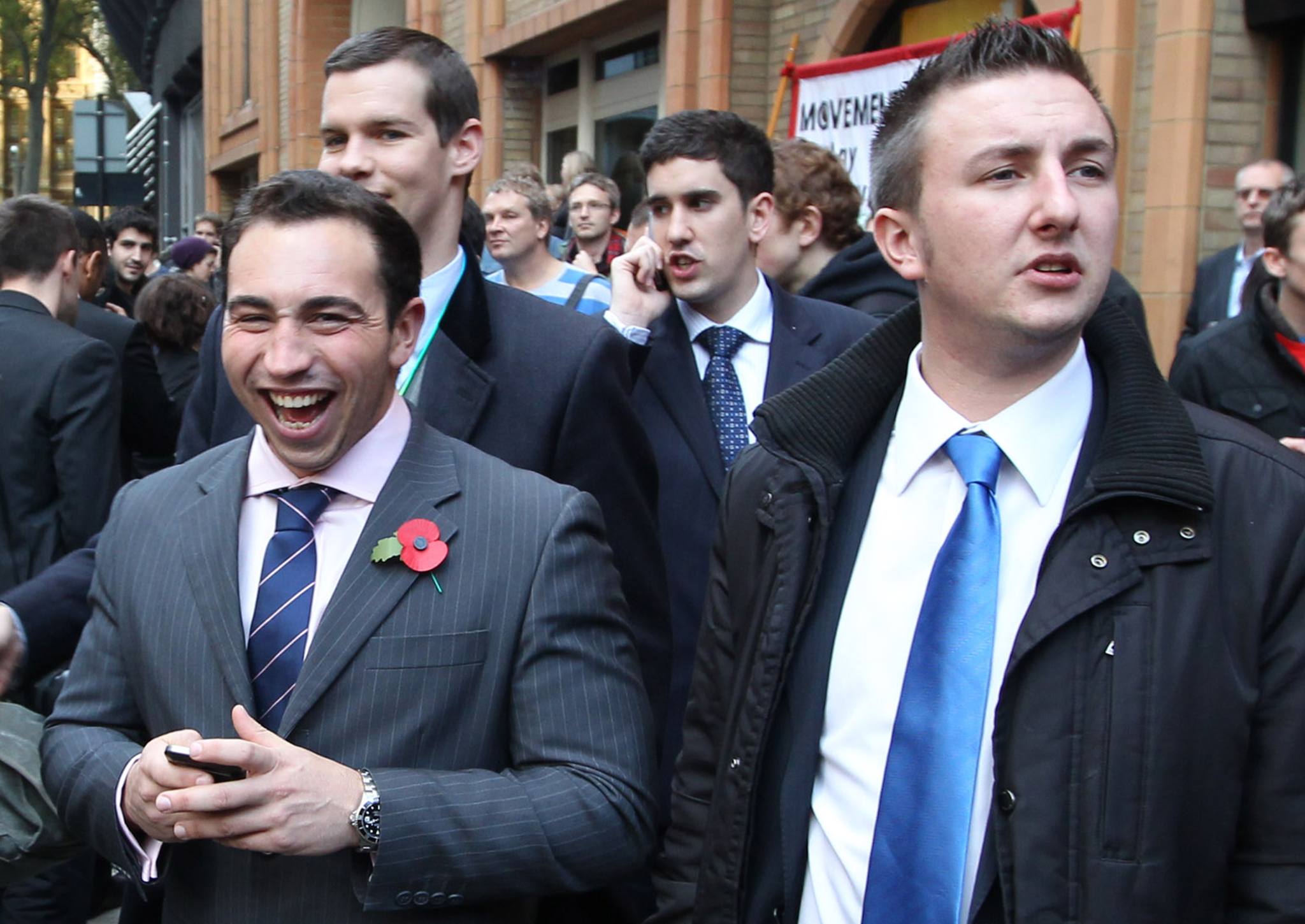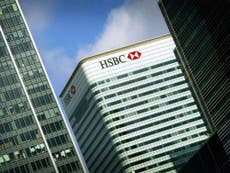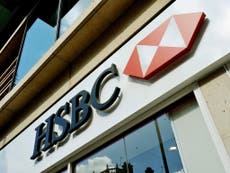Tear up the rule book and start from scratch: What we can all learn from the anarchy of bankers and corporate tax dodgers
Instead of wringing our hands over inequality, we need to do what the super-rich have been doing since the seventies and disregard everything

In 1983, the screenwriter William Goldman said this about Hollywood: “Nobody knows anything. Not one person in the entire motion picture field knows what's going to work.”
The same could be said of the Eurozone today: no one has a clue. The coalition Government scratches their heads, watching the wheel of the economy spin round in mud. The ECB fall back on failed quantitative easing and further austerity.
The left (and Labour in particular) is equally clueless, floundering around with a “mansion tax” that will raise relatively little, and allowing themselves to be labelled anti-business.
But we’ve been here before. In 1974, Britain prepared for an election. The two main parties had lost the trust of the British public. A minority government beckoned. The postwar keynesian consensus was dead, a fuel crisis froze the nation.
No one knew what to do then, either. But one group in society were tearing up the rule book. Bankers and the super wealthy, looking to tax dodge.
Back then, bankers pay was similar to that of teachers and GPs. But by making a simple psychological shift — turning their profession from one of protecting other people's money to taking insane risks with it — they changed the game (and created a new kind of global insecurity in the process).
Put aside the morality of what they did, and look instead at the sheer audacity of it.
This wasn't tweaking policy, this was an anarchic revolution, led by corporate punks in suits. Bankers threw the old economic model out the window, and the world bought it.
The genius bit of this was that legalised gambling was actually sold to us as economic discipline. It was a “science”, with mathematical formulae that appeared mighty convincing.
But the real role of this impenetrable pseudo-science was to exclude ordinary people from comprehending the changes being made to their lives — it was economic Latin.
And it was sold as a fait accompli; it just made sense, apparently. Margaret Thatcher described the neo-liberal project as 'TINA: There Is No Alternative'. It was intellectual totalitarianism, cleverly snuffing out dissent as “wet” or symptomatic of the “loony left”.
So we put our economic future in the hands of financialisation. However, the logic of leaving banks to their own devices ("trust me, I’m a banker") led to so many of our financial scandals, including the HSBC tax dodging controversy that erupted yesterday.
Seeing incredulous HSBC officials accused of criminality was like watching disbelieving 1970s pop stars in the dock — they simply couldn't believe they'd done anything wrong. This is probably because for the last 40 years doing the wrong thing has been their job, and they've been constantly rewarded for doing it.
But leaving the banks alone to do wrong had a vital role to play: as a PR exercise for the same ideology that brought us austerity, and the fallacy of trickle down wealth.
The world has now woken up, and the reported scale of HBSC's theft is breathtaking. But in a barely publicised report this week, it’s been revealed that HSBC was trivial compared to what happened with debt in the banking sector.
Financial analysts McKinsey have worked out that the austerity programme that has been inflicted on the British people in the last few years — the most brutal of its kind since the Great Depression — was pointless. That's right. It needn't have happened.
Instead of reducing the deficit (as those in favour of austerity promised), we've had a 17 per cent increase in debt since the crash — it actually went up, not down.
Why? It's brutally simple. Increased debt is the engine of renewed wealth for the city. It's good, not bad, for financialisation, because it is financialisation. Debt and tax avoidance are the bread and butter of what the city does.
The wealth of the financial sector masked stagnation, by raising the UK's average growth numbers. Austerity made the government look like it was doing something about the deficit but by hitting the poor and vulnerable (who don't matter come May 7th).
But despite all of this, I admire bankers. Not for screwing the world, but for changing the economic landscape with such breathtaking confidence, at a moment just like this, when no one else had a clue.
Politicians have now, as then, conspired in their own diminishment — outsourcing foreign policy to Washington, saying there's nothing we can do about global capitalism.
But it's not up to them, it's up to us to be uncompromisingly moral at a moment when the criminal immorality of 30 years of misguided economic policy has been revealed.
The free market doctrine is over, and there’s an open goal. A once in a lifetime opportunity to rewrite the rules. It doesn’t require another Labour manifesto, nor call to "revolution".
We need a thousand surgical strikes to our economic system – ideas already out there from teachers, health workers, economists, even the enlightened super rich – which add up to one big idea, called morality.
So be radical. Be like a banker. But do it for good.



Join our commenting forum
Join thought-provoking conversations, follow other Independent readers and see their replies